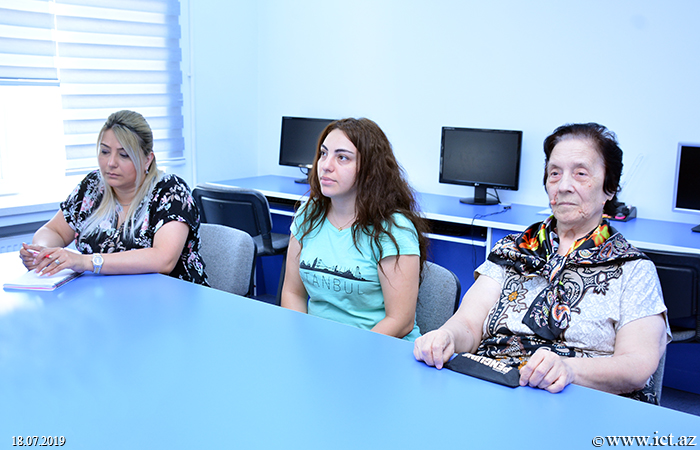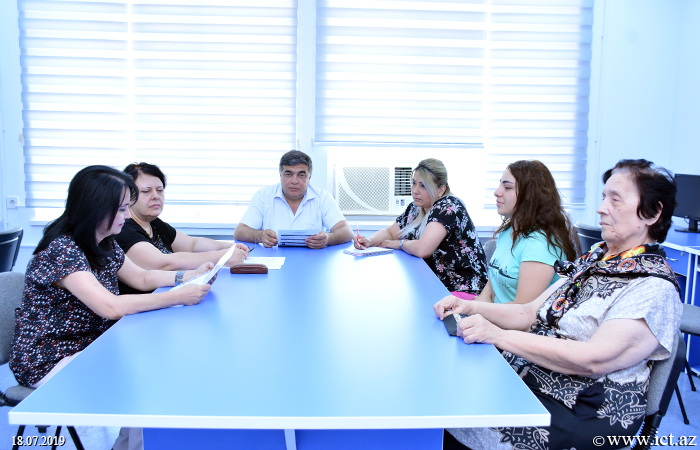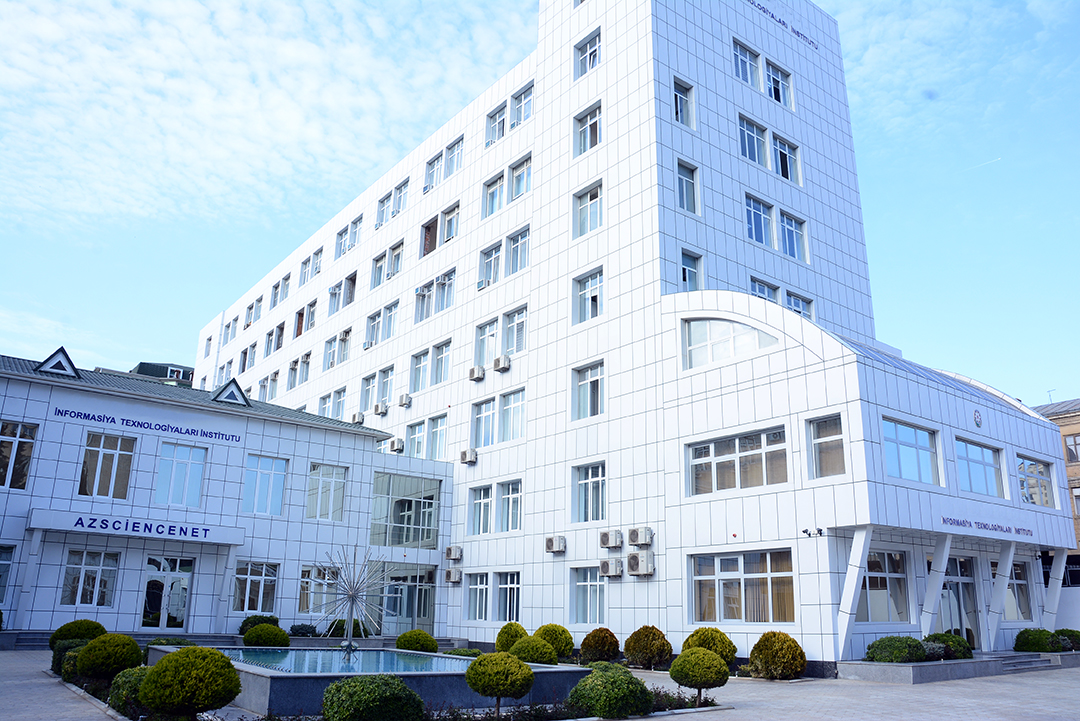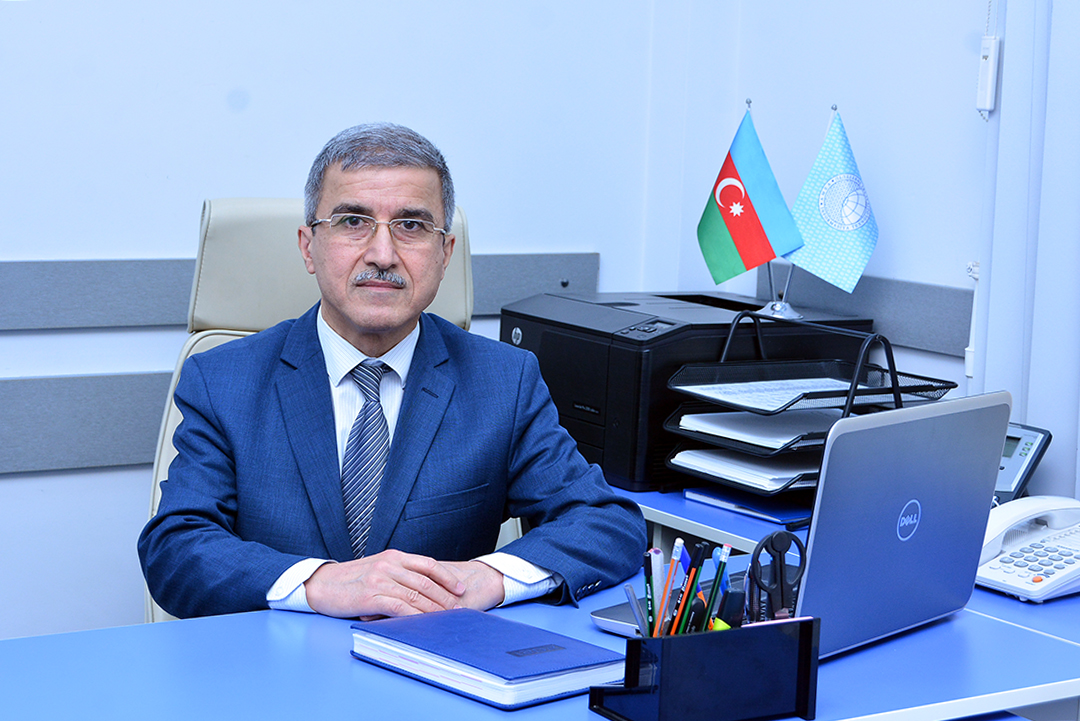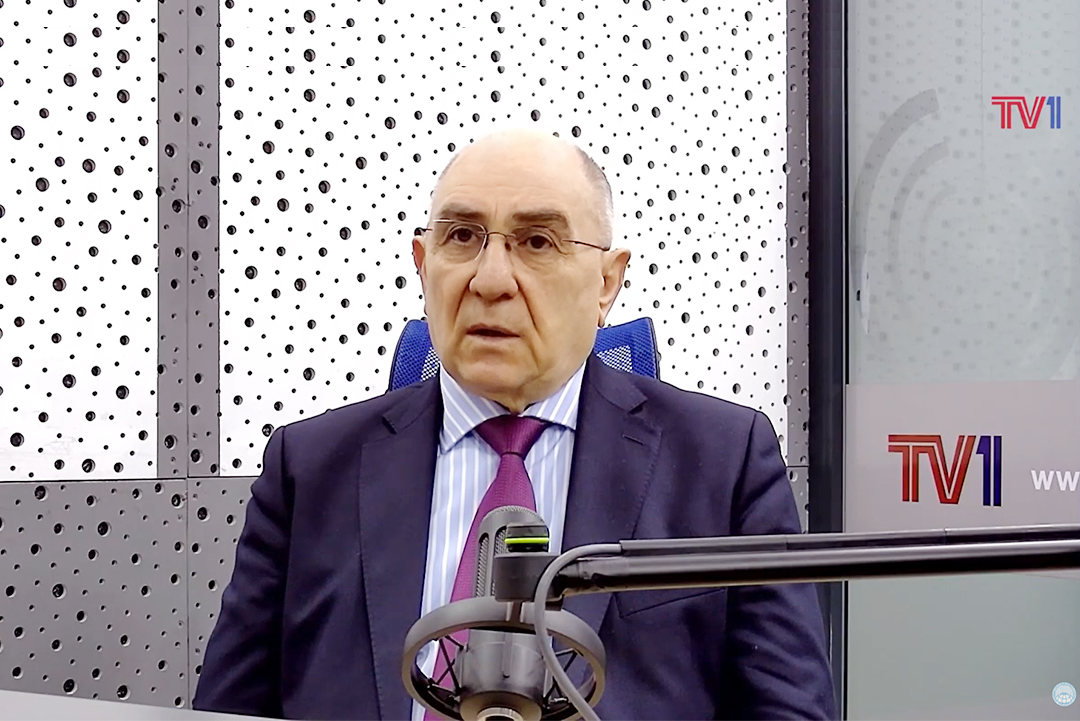NEWS
Personalization in education using social networks discussed
The next scientific seminar of the Department №10 of the Institute of Information Technology of ANAS was held. A report on the theme “Personalization of education using social networks” was presented by an employee of the department Lala Zeynalova. She said that with the help of social networks, people with physical disabilities have the opportunity to communicate with their peers, receive the information they need for training, and spend their free time.
According to the speaker, the use of social technologies increases the motivation of students and improves the overall quality of work. She said that blogs can be used to spread the ideas of students and publish their research papers. In addition, blogs allow students to add hyperlinks to specific sites.
L. Zeynalova noted that social technologies can be used by students to study methods for solving their problems with certain members of a group or for organizing joint study groups. They work with their peers to broaden their formal and informal relationships, communicate with them, work on concrete results and draw conclusions in online or offline modes.
She said that inclusive education is a development process based on general education that is accessible to all and adapted to the diverse needs of all children. She stressed that this would provide education for children with disabilities in the field of education. L. Zeynalova noted that inclusive education is aimed at developing methodologies according to which children are an independent individual and that they are aware of all their needs in the learning process.
L. Zeynalova spoke in detail about the eight principles of inclusive education. She noted that personalized education is the provision of educational needs for the adaptation of pedagogy, curricula and learning environments. The key elements of personalized e-learning are the pace of learning, the approach to learning and the actions that educate the content.
In conclusion, L. Zeynalova noted that it is necessary to achieve certain results in modeling student interaction, their behavioral forecasting and analysis of existing information to determine the impact of social networks on education.
© All rights reserved. Citing to www.ict.az is necessary upon using news



